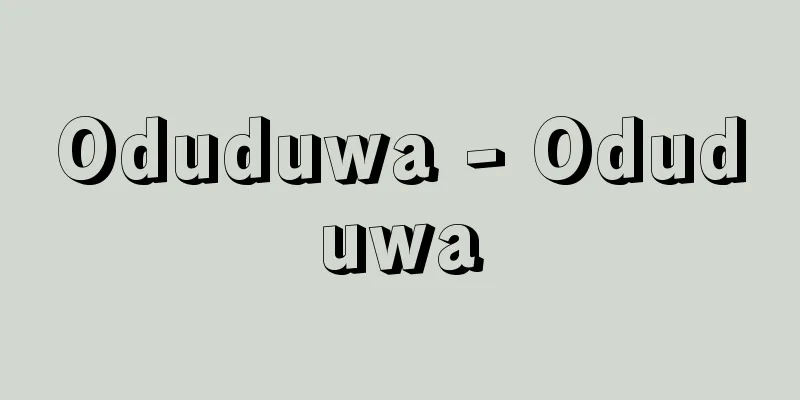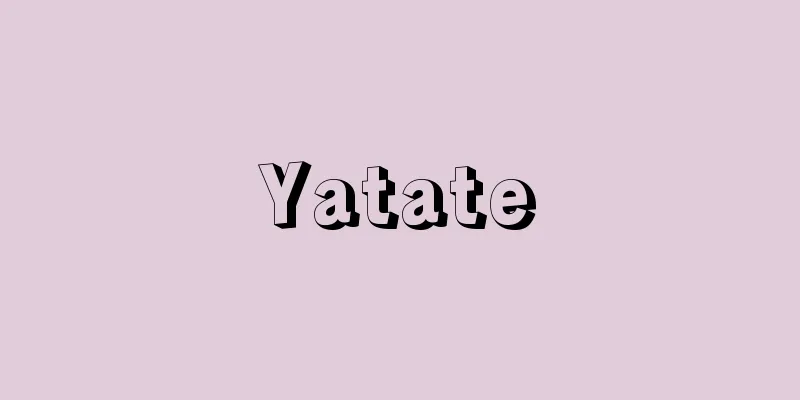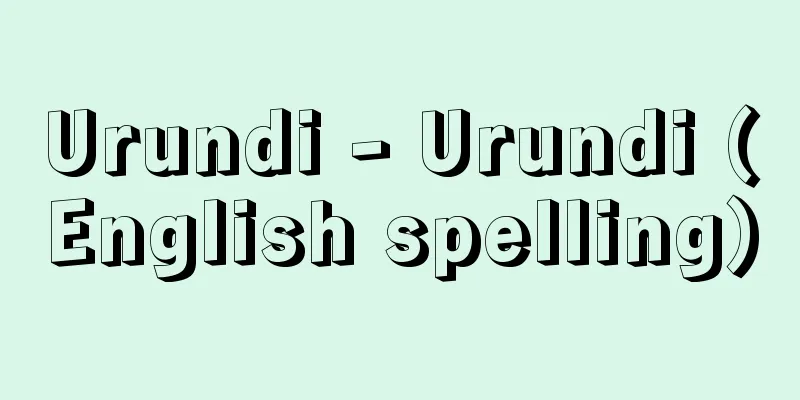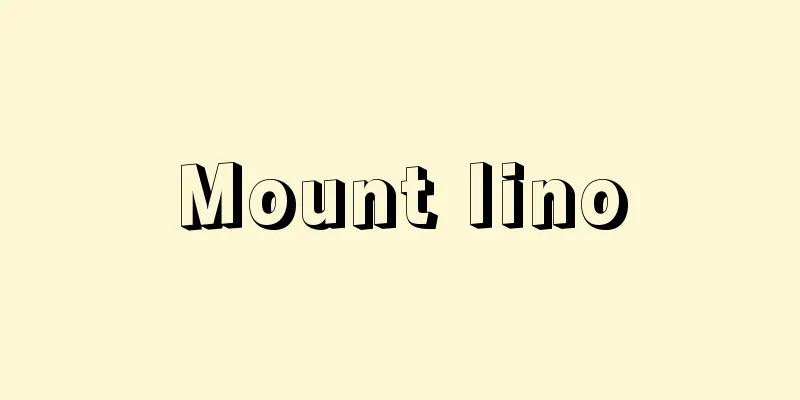Irish Question

|
Britain, which had a hard time dealing with Ireland's rebellion against British rule, used this term to refer to the troublesome problems related to Ireland. In modern Ireland, the problems are called the "British problem in Ireland," as they are considered to have been created by British colonial rule. British rule began in the 12th century, but with the defeat of James II and the Irish Catholic army in the 17th century, Ireland came under full-scale colonial rule. This meant thorough discrimination against Catholics and oppression of commerce and industry, which had been growing in the 18th century, especially trade restrictions. Western Europe entered a period of civil revolution in the 18th century, and in Ireland, a revolutionary movement was also gaining momentum, centered on citizens (Protestants) who ran commerce and industry in the cities. The issues were, first, free trade, second, self-governing parliaments, and third, Catholic emancipation, which were gradually realized thanks to the international environment of the American independence and the French Revolution. At the same time, the consciousness of the Irish nation grew stronger, including Protestants and Catholics, and including the indigenous Celtic, Anglo-Saxon, and Norman peoples, and the movement for an independent republic became the armed uprising of the United Irishmen in 1798. In this way, the Irish problem became both a civil revolution issue and an ethnic issue at the same time. [Satoshi Horikoshi] 19th centuryHowever, after the failure of the 1798 rebellion, Ireland was annexed to the UK in 1801 and incorporated into the United Kingdom. The first issue was the complete emancipation of Catholics, which had only been achieved in the previous century and was promised by the British government at the time of annexation. When this was realized as the Catholic Emancipation Act in 1829, its leader O'Connell moved forward with a movement to repeal the Annexation Act and restore home rule parliaments. This was also the time of the Industrial Revolution, and a large number of poor Irish workers flowed into Ireland, forming slums in the cities, so the Irish problem became deeply related to the Irish problem in Britain. In Ireland, a sense of Britishness emerged as a result of the union with Great Britain, but at the same time, Irish nationalism rose beyond sectarian and racial differences. The Great Famine in the mid-19th century, which reduced the population by a quarter, intensified anti-British sentiment, and in the latter half of the 19th century, the self-government movement, which had become stronger through Parnell's Nationalist Party, caused problems for the British government. The militant approach of the Irish Republican Union (IRB) (Finian) also received strong support from the people who were suffering from the land problem. Moreover, since these two groups developed their movements while maintaining a close relationship, the British government, which was at a loss, made the Irish problem its top priority. As a result of three land wars, the absentee landlord system was abolished and the land problem was basically solved, but the problem of self-government and independence was not easy. There was opposition from the British Conservative Party, but even more so, the Unionists (Protestants), who strongly desired the continuation of the union with Britain, took a hard-line stance, saying they would use force to block the Third Home Rule Bill, which was submitted in 1912 and was expected to be passed. [Satoshi Horikoshi] present dayWhen World War I began, the issue of Irish Home Rule seemed to be temporarily shelved, but that was the British intention, and Irish radical nationalists, believing that "Britain's crisis is Ireland's opportunity," immediately prepared for an armed uprising. The Easter Rising of 1916 ended in defeat, but Britain's indiscriminate suppression policy ended up uniting moderates and radicals, leading to a landslide victory in the general election after the war and the subsequent War of Independence, in which the nationalists won a landslide victory in the Anglo-Irish Treaty of 1921 and gained a near-independence state of self-government as the Irish Free State. The Free State subsequently changed its name to "Eire" in 1937, effectively gaining independence, and in 1949, after the Second World War, became fully independent as the Republic of Ireland, and also left the British Commonwealth. However, the fact that the six northeastern counties remained in the United Kingdom as Northern Ireland left serious problems that continue to this day as conflicts. Irish nationalists did not accept the division of the country into North and South, and the Republic Constitution stipulates that Northern Ireland is included in the territory of Ireland. At the beginning of independence, nationalism focused on reviving the ethnic culture, especially the ethnic language. However, it was difficult to revive the Gaelic language, which had become almost a dead language. Although efforts were made to teach Gaelic in primary education, to make it compulsory for civil service and university entrance examinations, and to protect areas where Gaelic is used, it is still on the road to decline. Nationalism receded due to the confidence that the national foundation had been solidified half a century after independence, and also because economic growth was a choice over nationalism in order to escape from historical poverty. They actively worked to attract foreign companies, and after joining the EC (European Community) in 1973, economic growth progressed, albeit slowly. In the late 1990s, the Irish pound exceeded the British pound due to the booming electronics industry, to the point that the Scottish National Party said, "Ireland is our goal." The Irish problem is thus basically being resolved through independence. As for the remaining issue of Northern Ireland, the Irish government is expected to play an important role in the peace process. [Satoshi Horikoshi] "The History of the Irish National Movement" by Horikoshi Satoshi (1979, Sanseido)" ▽ "The Climate and History of Ireland" edited by T.W. Moody and F.X. Martin, supervised translation by Horikoshi Satoshi (1982, Ronsosha)" ▽ "The History of Ireland - Ethnic Group and Class, Volumes 1 and 2, by P.B. Ellis, co-translated by Horikoshi Satoshi and Iwami Toshiko (1991, Ronsosha)" ▽ "Ireland" by Ueno Itaru (included in "Modern British History" by Matsuura Takamine, 1992, Yamakawa Publishing)" ▽ "The Romance and Rebellion of the Irish Nation" by Matsuo Taro (1994, Ronsosha)" ▽ "An Introduction to Irish History" by S. McCall, edited by Ono Osamu, translated by Obuchi Atsuko and Yamaoku Keiko (1996, Akashi Shoten)" ▽ "A Narrative History of Ireland" by Hatano Yuzo (Chuko Shinsho)" ▽ "Ireland" by R. Fleisch, translated by Toshiaki Yamaguchi and Toshihiro Yamaguchi (Hakusuisha Bunko Quesje) " "Ireland: History and Culture" by Ophelon, translated by Makinori Hashimoto (Iwanami Bunko) [References] | | | | | | | | |Source: Shogakukan Encyclopedia Nipponica About Encyclopedia Nipponica Information | Legend |
|
イギリス支配に反抗したアイルランドに手を焼いたイギリスが、アイルランドに関するやっかいな問題を総称してこうよんだ。現代のアイルランドではイギリス植民地支配がつくり出した問題だとして「アイルランドのイギリス問題」という。 イギリス支配は12世紀に始まるが、17世紀のジェームズ2世とアイルランド・カトリック軍の敗北でアイルランドは本格的な植民地支配を受けることになった。それはカトリック教徒に対する徹底した差別と18世紀に入って成長してきた商工業に対する抑圧、とくに貿易制限であった。18世紀の西ヨーロッパは市民革命期に入り、アイルランドにおいても都市の商工業を営む市民(プロテスタント)を中心に革命運動が盛り上がった。その課題は第一に自由貿易、第二に自治議会、第三にカトリック解放で、アメリカ独立、フランス革命といった国際環境にも恵まれて徐々に実現していった。同時にプロテスタントもカトリックも含めて、また先住ケルト系にアングロ・サクソン系、ノルマン系を含めてアイルランド民族としての意識が強まり、独立の共和国を求める運動が、1798年のユナイテッド・アイリッシュメンの武装蜂起(ほうき)となった。このようにアイルランド問題は市民革命の問題であると同時に民族問題となったのである。 [堀越 智] 19世紀しかし、1798年の蜂起が失敗してアイルランドは1801年にイギリスに併合され、連合王国に組み込まれた。最初の問題は前世紀に不十分にしか果たせず、そして併合時のイギリス政府の約束であるカトリックの全面解放であった。1829年にそれがカトリック教徒解放法として実現すると、その指導者オコネルは併合法を廃止して自治議会を復活させる運動に進んだ。この時期は産業革命期でもあり、貧しいアイルランド労働者が大量に流入し、都市にスラム街を形成したためアイルランド問題は、イギリス国内のアイルランド人問題とも深く関係するようになった。 アイルランドではイギリスとの連合によってブリテン人意識が生じてくるが、一方では宗派の違い、人種の違いを超えてのアイルランド民族意識の高揚もあった。人口を4分の1も減少させた19世紀なかばの大飢饉(ききん)が反英感情を強め、19世紀後半にはパーネルの国民党によって強力になった自治運動がイギリス政府を困らせ、またアイルランド共和主義同盟IRB(フィニアン)による武力主義も土地問題に苦しむ民衆に根強い支持を受けた。しかもこの両者は密接な関係をもちつつ運動を展開したので、困り果てたイギリス政府はとくにアイルランド問題を最重要課題とした。3回にわたる土地戦争の結果、不在地主制度が廃止になり土地問題は基本的に解決したが、自治・独立問題は容易ではなかった。イギリス保守党の反対もあったが、それ以上にイギリスとの連合の継続を強く願うユニオニスト(プロテスタント)が、1912年に提出されて成立が確実視された第三次自治法案に対して武力を行使してでも阻止すると強硬姿勢をみせたのである。 [堀越 智] 現代第一次世界大戦が始まるとアイルランド自治問題は一時棚上げになったかのようにみえたが、それはイギリス側の思惑であって、「イギリスの危機はアイルランドの好機」というアイルランドの急進的ナショナリストは、早速、武装蜂起を準備した。1916年のイースター蜂起は敗北に終わったが、イギリスの無差別な鎮圧政策が穏健派と急進派とを結合させる結果となり、大戦終了後の総選挙で圧勝し、その後の独立戦争も戦いぬいて、1921年のイギリス・アイルランド条約でナショナリストが圧勝しアイルランド自由国として独立に近い自治を獲得した。 自由国はその後、1937年に「エール」と国名を改めて事実上独立し、第二次世界大戦後の1949年にアイルランド共和国として完全に独立、イギリス連邦からも離脱した。しかし東北部6県が北アイルランドとして連合王国に残されたことは現在も紛争の続く深刻な問題を残すことになった。 アイルランドのナショナリストは南北分割を認めたわけではなく、共和国憲法は北アイルランドも含めてアイルランドの領域と規定している。そのナショナリズムは独立当初、民族文化とくに民族語の復活に力を入れた。しかしほとんど死語同然になっていたゲール語を復興することは困難で、初等教育でのゲール語修得、公務員採用試験や大学入試への義務づけ、ゲール語使用地域の保護などを行っているが、現在も衰退の道をたどっている。ナショナリズムが後退したのは、独立から半世紀を経て国家基盤が固まってきたことの自信もあり、また歴史的な貧困から脱却するためにはナショナリズムよりは経済成長という選択の問題からでもあった。外国企業の誘致に積極的に取り組み、さらに1973年にEC(ヨーロッパ共同体)に加盟してから経済成長が徐々にではあるが、進んだ。1990年代後半には電子産業の好調からアイルランド・ポンドはイギリス・ポンドを上回るほどになって、スコットランド国民党が「われわれの目標はアイルランドだ」というほどである。 アイルランド問題はこのように独立によって基本的に解決しつつある。残る北アイルランド問題も和平プロセスにもアイルランド政府が重要な役割を果たすようになっている。 [堀越 智] 『堀越智著『アイルランド民族運動の歴史』(1979・三省堂)』▽『T・W・ムーディ、F・X・マーティン編著、堀越智監訳『アイルランドの風土と歴史』(1982・論創社)』▽『P・B・エリス著、堀越智・岩見寿子共訳『アイルランド史―民族と階級』上下(1991・論創社)』▽『上野格著「アイルランド」(松浦高嶺著『イギリス現代史』所収、1992・山川出版社)』▽『松尾太郎著『アイルランド民族のロマンと反逆』(1994・論創社)』▽『S・マコール著、小野修編、大渕敦子・山奥景子訳『アイルランド史入門』(1996・明石書店)』▽『波多野裕造著『物語アイルランドの歴史』(中公新書)』▽『R・フレシュ著、山口俊章・山口俊洋共訳『アイルランド』(白水社文庫クセジュ)』▽『オフェイロン著、橋本槙矩訳『アイルランド―歴史と風土』(岩波文庫)』 [参照項目] | | | | | | | | |出典 小学館 日本大百科全書(ニッポニカ)日本大百科全書(ニッポニカ)について 情報 | 凡例 |
Recommend
Katsushika style
〘Noun〙 A school of haiku that traces its origins t...
《Sakhalin Ainu Vocabulary》 - Karafutoainugoi
...The person who helped publish "Moshihogus...
Extreme
A term used in the fields of earth and celestial ...
Cymbal (English spelling)
A dish-shaped metal percussion instrument. Cymbal...
Philosophe
...We can also trace the distant origins of Dider...
Financial crisis
…In the process of its occurrence, the excess cap...
closed circuit television
... refers to television used in the industrial f...
Papago
...A prehistoric culture of American Indians that...
Ishikawajima Heavy Industries Co., Ltd.
...The company is expanding its plant, resource, ...
Radiation sterilization - hoshasenmekin (English spelling) radiation sterilization
Radiation has a germicidal effect, and the process...
Augusta Treverorum
An ancient Roman city in northeastern Gaul, now Tr...
Euphorbia heterophylla (English spelling)
…[Kazuo Furusato]. … *Some of the terminology tha...
English Mothers - Mothers of England
…Furthermore, home economics books themselves cha...
Miki Kato - Kato Umaki
Year of death: 10th June 1777 (14th July 1777) Yea...
Waqf (English spelling)
An Arabic word meaning state land for the Islamic ...









